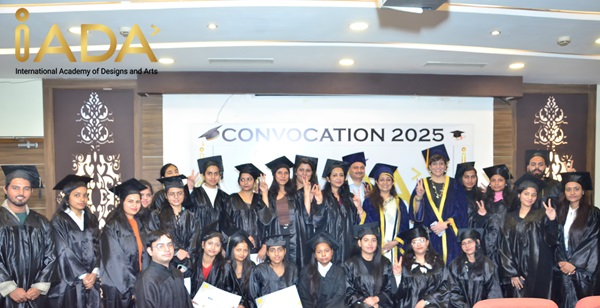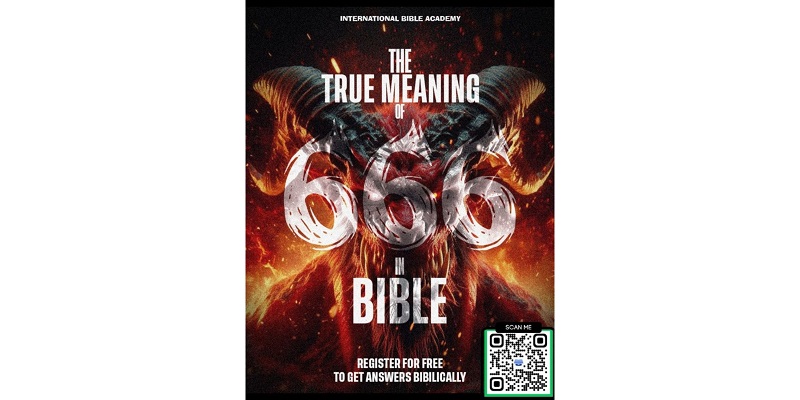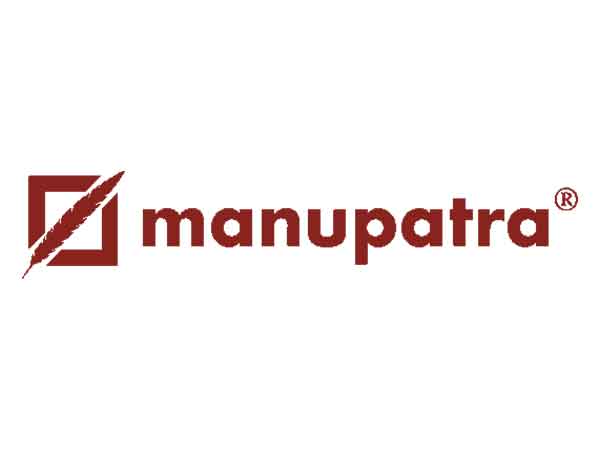For many Christians, the number 666 carries a heavy connotation, often associated with the end times. This belief stems from its mention in the Book of Revelation. But what is the true meaning of this enigmatic number? The International Bible Academy offers a free online Bible course for Christians of all ages providing an array of resources aimed at helping Christians to develop a deeper understanding of Scripture and its application in everyday life. Among the myriad of topics explored in these classes, several stand out as particularly intriguing, reflecting the profound and sometimes perplexing nature of the Book of Revelation. Some of the interesting questions which will be explored in our course are:
- Why is it important for us to understand the prophecies in the Bible?
- What are the mysteries in Revelation?
- What is the Biblical reason for birth, sickness, aging, and death?
The International Bible Academy (IBA) offers much more in its curriculum beyond these highlights—each topic is meticulously designed to encourage critical thinking, open dialogue, and spiritual enrichment. It offers a holistic approach to mastering the entire 66 books of the Bible—from Genesis to Revelation. The sense of community formed within these online classrooms allows Christians from all walks of life to come together, share insights, and grow together in faith.
A Global movement of faith
Through this free online Bible class, participants join a global community of true believers. Currently, our course is established in over 600 locations across 29 countries, including the U.S., China, Japan, Canada, Germany, Netherland, France, Spain, Australia, Italy, Austria, Southeast Asia, India, Philippines, Hong Kong, and many more., Last year, thousands of believers from young students to experienced pastors joined us in deepening their faith.
Online classes are offered for convenient access.
The added advantage of an online format means that access to spiritual growth and learning is available at the fingertips of participants, no matter where they are situated. In addition to comprehensive teachings, the course offers interactive elements that encourage dialogue, community engagement, and personal growth. Students can share testimonies, ask tough questions, and seek guidance from knowledgeable and experienced instructors who prioritize an in-depth understanding of the scriptures. Our mission is to make biblical education accessible and engaging, and we believe these classes can play a vital role in your spiritual journey.
| Level |
Duration |
| Basic Course |
1 month / twice a week / 1.5 hours |
| Regular Course |
8 months / thrice a week / 1.5 hours |
How do I enroll?
https://docs.google.com/forms/d/e/1FAIpQLSegHFTbn0pvVXdTUBzNIuDGqiUqF6_SwmJ4dcfLWT9m_JxJaA/viewform
Sign up today for free by scanning the QR code in the poster or through the below links and take the first step in revealing the deeper truths of the Bible. With an array of free online Bible classes available in various languages provided in India—English, Hindi, Tamil, Telugu, Kannada, and Oriya.
With the perfect opportunity to strengthen your relationship with God and learn His will, you can embark on a journey that promises spiritual growth, community, and a clearer understanding of your role in His divine plan. Don’t miss this opportunity!
www.internationalbibleacademy.in
Instagram ID: Light_of_zion_india
Facebook: Zion India
Testimonies from Pastors and believers in India
Our program has already transformed lives and inspired many, including Pastors in India who have shared their powerful testimonies. One Pastor stated, “I hope you learn about the path to heaven, which is the purpose of faith, and how God will fulfill the history of the last Bible.“ This sentiment speaks volumes about the urgency and significance of learning biblical truths.
Another Pastor emphasized the importance of the Book of Revelation by saying, “If you are a believer waiting for the Second Coming of Jesus, the Book of Revelation records when, where, to whom, and how He will come. If you hear the word and believe it, you can anchor your faith in the promises of Scripture.“ His message is clear: prepare your heart and mind for the glorious return of Christ by immersing yourself in His Word.
The testimonies continue to inspire even, with one of our students who shared their excitement about the teachings he had never encountered before. “I’ve never heard this word before, it’s completely new to me. Even after multiple biblical courses, enrolling at IBA revealed the Bible’s stunning record of God’s plan to deliver promised blessings.”
Disclaimer: The information provided in this article is for educational and informational purposes only and reflects the teachings and interpretations of the International Bible Academy (IBA). The views expressed herein are not intended to replace personal study or spiritual counsel but to encourage deeper exploration of the Scriptures. Biblical topics such as prophecy, the Book of Revelation, and related themes may involve varied interpretations across different denominations and faith communities. Readers are encouraged to approach these subjects with an open mind and to seek additional guidance from their respective spiritual leaders. Participation in the courses mentioned is voluntary, and the content should not be construed as official doctrine of any specific church or denomination.


 Entertainment3 years ago
Entertainment3 years ago
 Education1 year ago
Education1 year ago
 Business2 years ago
Business2 years ago
 Technology1 year ago
Technology1 year ago









